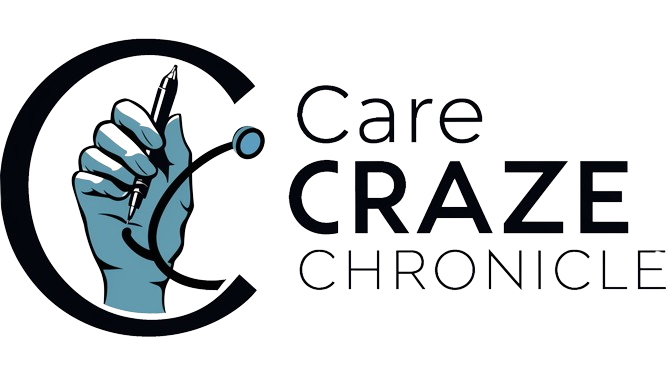No matter how much people try to convince you that vegetarians cannot get all the nutrition they need from their diet, this is not actually true. The human body has a tendency to adjust itself according to the substances that go inside it. A balanced diet is the key to a healthy life because nutrients help the body best if they come from a variety of sources.
According to WHO, a balanced diet is essential for a healthy body and mind and to prevent all forms of malnutrition as well as non-communicable diseases (NCDs), including diabetes, heart disease, stroke and cancer.
A non-vegetarian diet that mainly consists of chicken, eggs, meat and fish, being rich in protein and vitamins, offers many health benefits such as muscle strength, growth, stamina and haemoglobin increase. In fact, a well-balanced vegetarian diet with a combination of vitamins, minerals, fibre, carbs and protein can have similar benefits.
Foods such as dairy, beans, green peas, lentils, whole grains and nuts have similar protein benefits for the body. Including fresh fruits and raw vegetables in your everyday diet, reducing saturated fats, reducing salt intake to the recommended level of less than 5 grams per day, reducing free sugars and maintaining balance in what you eat are the keys to a healthy diet. According to WHO – the amount of calorie intake should be in accordance with your daily energy expenditure.
The theories are innumerable and beliefs cannot be imposed, but maintaining a balanced diet for a healthy life involves the daily intake of each food component, of which minerals are often overlooked, in their correct proportions.
Key Nutrients in a Vegetarian Diet
A vegetarian diet primarily excludes meat, fish and poultry, but can still be rich in essential nutrients. To ensure a balanced diet for vegetarians, focus should be on including the following key nutrients:
- Protein: Protein is essential for building and repairing tissues. Plant-based protein sources include legumes (beans, lentils and chickpeas), tofu, tempeh, quinoa, nuts and seeds.
- Iron: Iron is important for oxygen transport and energy production. Vegetarian sources of iron include green leafy vegetables, fortified cereals, pulses, beans and nuts.
- Vitamin B12: This vitamin is primarily found in animal products, making it necessary for vegetarians to include fortified plant-based foods like milk and cereals or consider B12 supplements.
- Omega-3 fatty acids: Important for heart health and brain function, vegetarians can get omega-3s from flaxseeds, chia seeds, walnuts and algae-based supplements.
Major Nutrients in Non-Vegetarian Diet
The carnivorous diet includes animal products, which provide certain nutrients that are more easily absorbed and may require less planning to meet the body’s needs, highlighting the benefits of a carnivorous diet:
- Complete proteins: Animal-based foods like meat, fish, and dairy are complete proteins, meaning they contain all the essential amino acids the body needs.
- Vitamin B12: Rich in animal products, non-vegetarians usually get enough vitamin B12 from their diet.
- Heme iron: Carnivorous diets provide heme iron, which is more easily absorbed by the body than non-heme iron found in plant-based foods.
- Omega-3 fatty acids: Fish, especially fatty fish like salmon, is an excellent source of omega-3s.
Tips for a healthy balanced diet regardless of food choice
- Emphasize whole foods: Whether following a vegetarian or non-vegetarian diet, prioritize whole, unprocessed foods like fruits, vegetables, whole grains, and nuts to ensure a diverse nutrient intake.
- Portion control: Moderation is the key to prevent overconsumption of any food group. Balance your intake of carbohydrates, proteins and fats according to your body’s requirements.
- Variety: Experiment with different foods to ensure you get a wide range of nutrients from your diet.
- Stay hydrated: Water is essential for digestion and overall health. Drink plenty of water throughout the day.
- Avoid added sugars and saturated fats: Minimize your intake of sugary and processed foods as well as saturated fats to maintain a healthy weight and heart.
conclusion
Whether you choose a vegetarian or non-vegetarian diet, it is possible to maintain a healthy balanced diet with proper planning and attention to nutrient intake. Both dietary approaches have their own merits, and by incorporating a variety of foods, one can obtain all the essential nutrients needed for a healthy lifestyle. Understanding your body’s needs and making informed food choices will ultimately improve overall well-being and vitality. Remember, a balanced diet is not just about what you eat but also how you eat it, so eat mindfully and enjoy the journey to better health.
